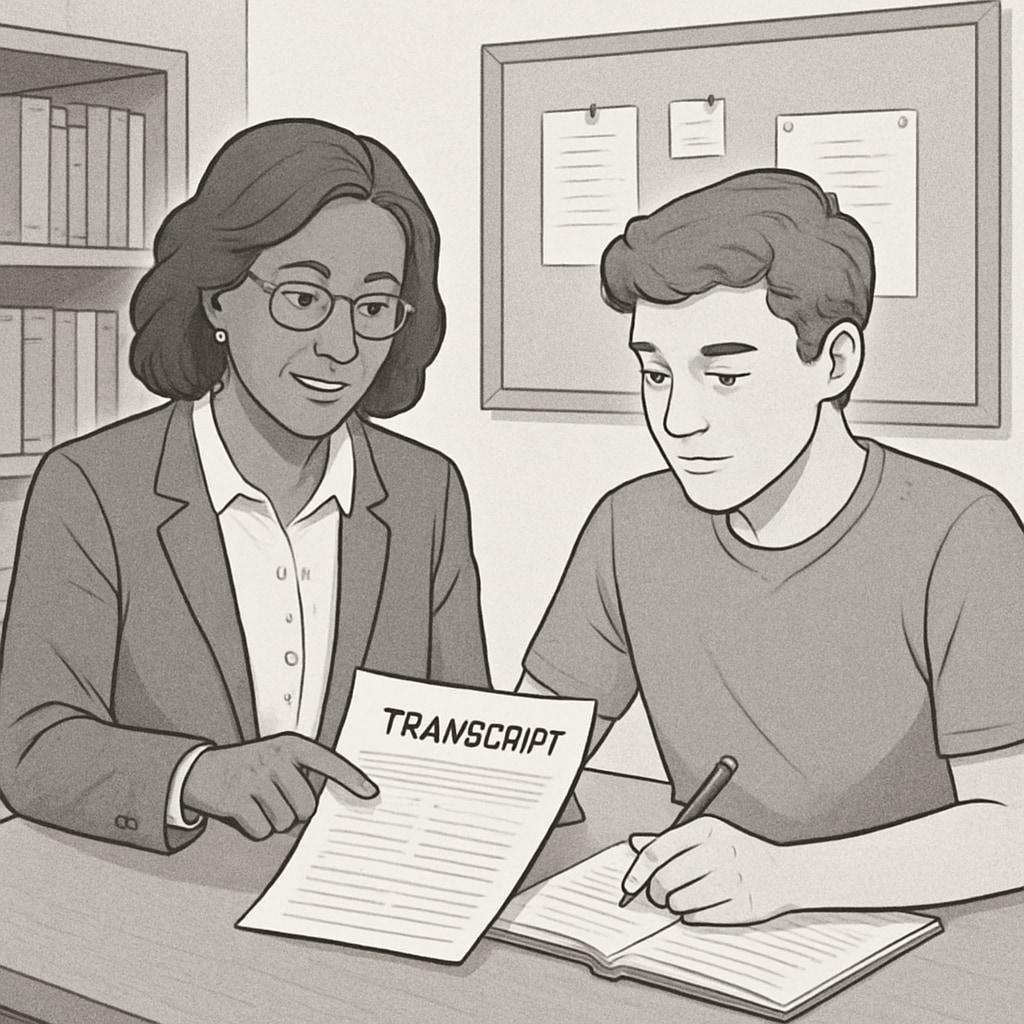Struggling with insufficient high school credits can feel overwhelming, especially if you’re managing ADHD or other challenges. But don’t worry—there are ways to catch up on credits and graduate on time. With just two years remaining, it’s crucial to develop a solid plan, explore alternative learning options, and build a strong support system. This guide will walk you through effective strategies to help you meet your academic goals and earn your diploma.
Assessing Your Credit Deficit and Setting Realistic Goals
The first step in addressing a credit shortage is to understand the extent of the problem. Schedule a meeting with your school counselor to review your transcript and identify the specific number of credits you need to graduate. This discussion should include the subjects you’re lacking and any graduation requirements unique to your school or state.
Once you know the gap, set realistic goals. For example, if you’re short by 12 credits, you’ll need to earn an average of 6 credits per year to graduate on time. Break this goal down into manageable steps, such as taking additional classes each semester or enrolling in summer school.

Exploring Alternative Credit Recovery Options
Traditional classroom settings aren’t the only way to earn high school credits. Many schools and educational organizations offer alternative options, which can be particularly helpful for students with ADHD who may struggle with conventional learning environments. Here are some popular alternatives:
- Online Courses: Many accredited programs allow students to complete classes online at their own pace. This flexibility can be beneficial for students who need additional time to focus.
- Credit Recovery Programs: These are designed specifically for students who have failed courses. They focus on essential concepts rather than repeating the entire curriculum.
- Summer or Night School: Local schools often offer accelerated courses during the summer or evening hours, enabling students to earn extra credits.
- Testing Out of Courses: Some schools allow students to test out of certain subjects by taking a proficiency exam, which can save time and effort.
Discuss these options with your counselor to ensure they align with your school’s policies and graduation requirements.

Strategies for Managing ADHD While Catching Up
For students with ADHD, staying organized and focused can be challenging when trying to recover missing credits. However, the right strategies can make a significant difference:
- Create a Structured Schedule: Use planners or digital tools to break your day into manageable blocks. This helps maintain focus and ensures you allocate time for studying, breaks, and other activities.
- Set Small, Achievable Goals: Instead of focusing on the big picture, concentrate on completing one assignment or lesson at a time.
- Minimize Distractions: Choose a quiet study space and use apps or browser extensions to block distracting websites.
- Seek Accommodations: If you have a documented ADHD diagnosis, you may qualify for accommodations under a 504 Plan or IEP. These can include extended deadlines, modified assignments, or additional support from teachers.
- Stay Connected with a Mentor: Regular check-ins with a teacher, counselor, or tutor can provide guidance and hold you accountable.
Additionally, remember to practice self-care. A healthy diet, regular exercise, and sufficient sleep can significantly improve focus and overall well-being.
Building a Support System for Success
Catching up on high school credits is no small task, and having the right support system can make all the difference. Surround yourself with people who understand your goals and are willing to help you achieve them. This could include:
- Parents or Guardians: Keep them informed about your progress and ask for their encouragement or help in creating a productive study environment.
- Teachers and Counselors: They can provide academic support, suggest resources, and help you stay on track.
- Peers: Study groups or friends with similar goals can motivate you and make learning more enjoyable.
Finally, don’t hesitate to seek professional help if you’re feeling overwhelmed. School psychologists or therapists can offer strategies for managing stress and improving focus.
Staying Motivated and Celebrating Progress
Recovering high school credits and graduating on time requires determination and hard work. To stay motivated, celebrate small victories along the way. For example, finishing a challenging course or improving your grades in a subject are milestones worth recognizing.
Visualize your long-term goal of graduating and the opportunities that come with it, such as college, vocational training, or entering the workforce. This can help maintain your focus and remind you why the effort is worthwhile.
In conclusion, while insufficient high school credits may feel like a significant setback, it’s entirely possible to recover and graduate on time with careful planning, alternative learning options, and the right support. By taking proactive steps and staying committed, you can overcome this challenge and achieve your educational goals.
External Resources: For more information on ADHD accommodations, visit CHADD (Children and Adults with ADHD). To explore online course options, check out edX.


